
Benjamin C Lee
@Lee_BenjaminC
Professor of Electrical Engineering and Computer Science, University of Pennsylvania. Studying computer architecture, data science, algorithmic economics
Powering AI will require a holistic energy strategy given the technology’s unprecedented demand. wabe.org/tech-companies…
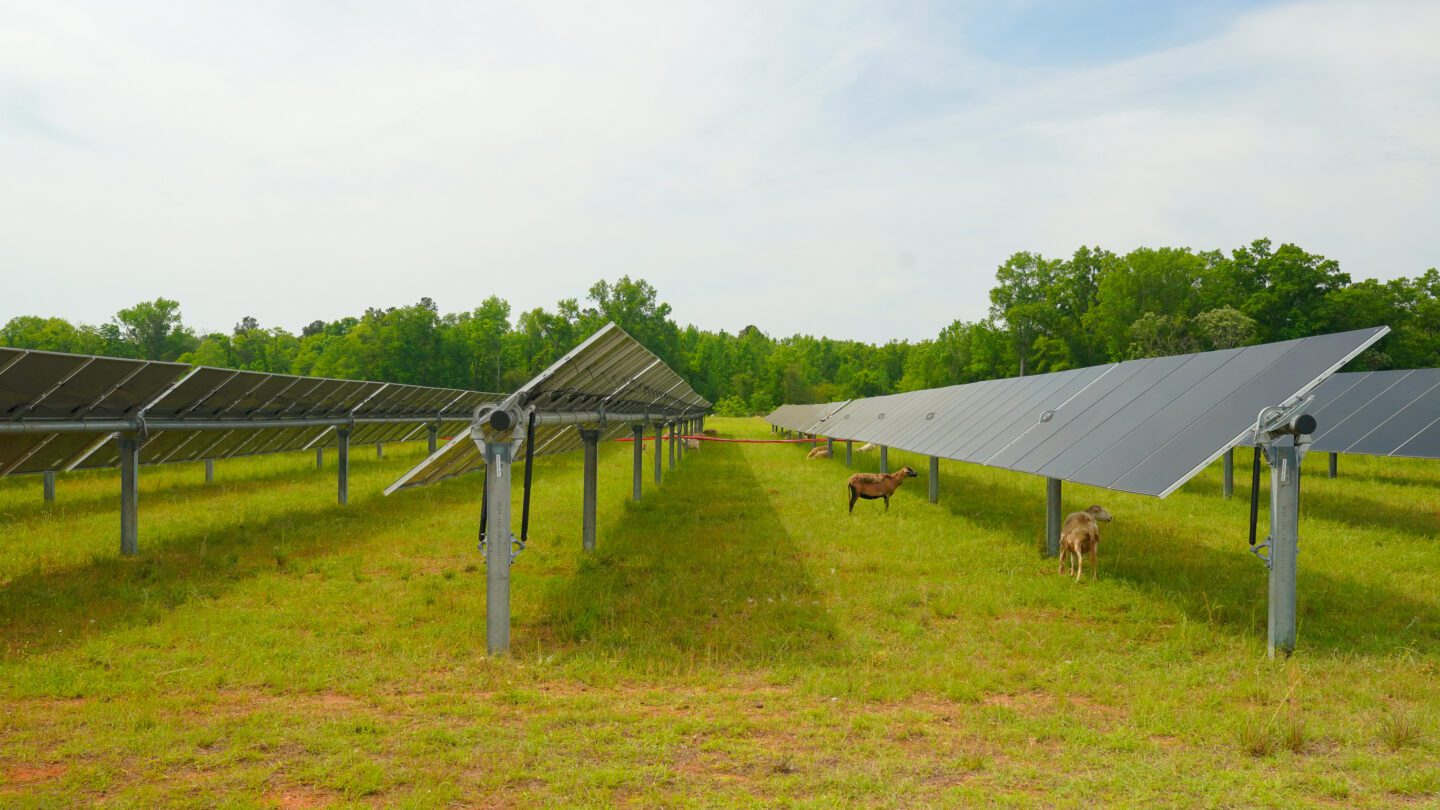
Interesting to see broader public interest in neural processing units, which are finding their way into consumer electronics. penntoday.upenn.edu/what-is-an-NPU…

The National Academies has published proceedings from its workshop on AI and electricity. Chairing this workshop was a unique opportunity to synthesize connections between AI, datacenters, energy systems, and local communities. nationalacademies.org/event/43750_11…
Specializing AI models for particular application domains will improve efficiency and we have technical strategies (e.g., distillation, fine-tuning, experts) to do this. But what domains should we target? See NPR Short Wave for more! npr.org/2025/05/09/125…
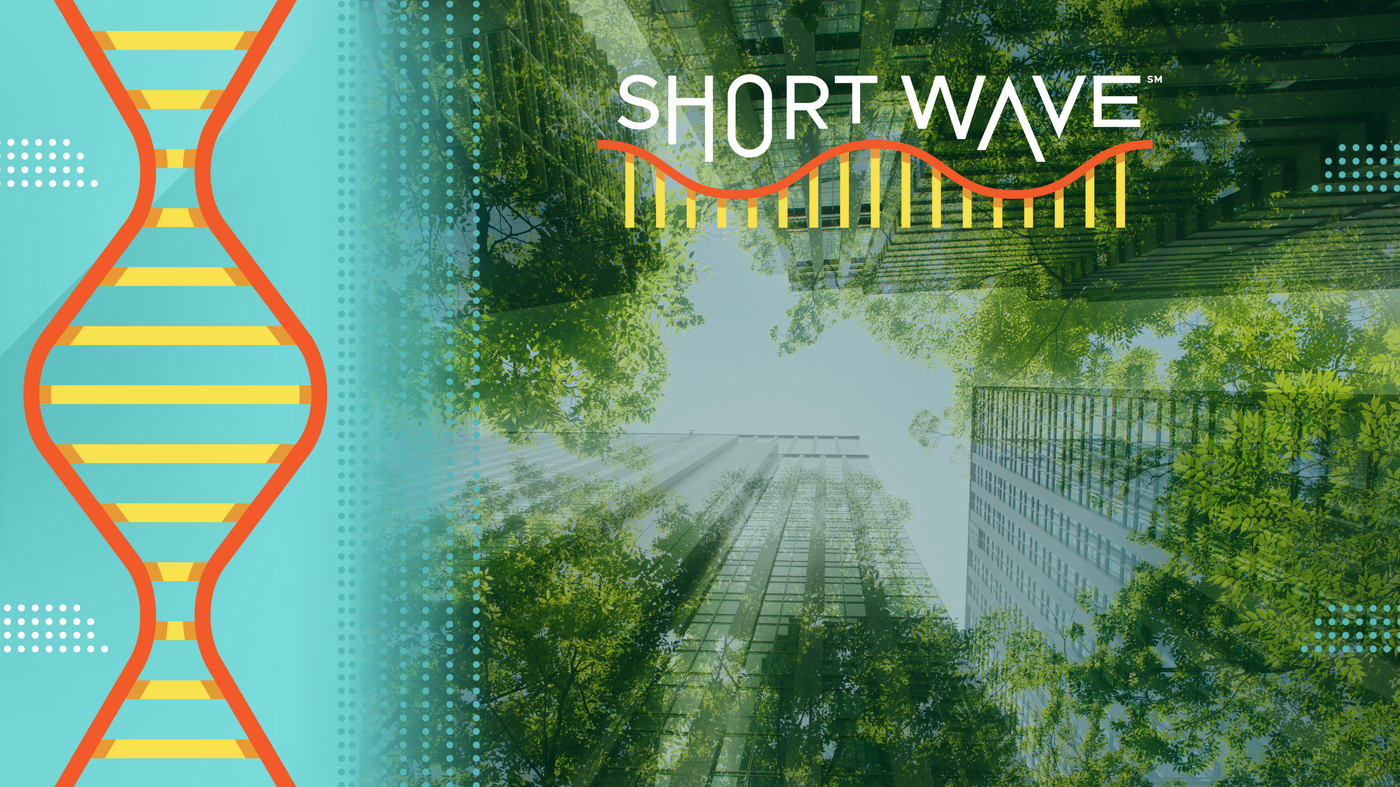
I had the pleasure of co-advising Haiyang Huang's studies at Duke. With Meta, our NeurIPS’24 paper characterizes Mixture-of-Expert models and improves inference efficiency. Congrats Dr. Huang! hyhuang00.github.io seas.upenn.edu/~leebcc/docume…
I am delighted to have served on August Ning's committee at Princeton. He has started timely discussions in computer architecture and public policy— energy efficiency, export controls, environmental sustainability. Congratulations Dr. Ning!

We studied renewable energy, batteries for sustainable computing in 2023, but Meta’s datacenters were “only” using tens of megawatts at the time. Datacenters that use many hundreds of megawatts compel operators to look at more holistic solutions. datacenterdynamics.com/en/analysis/we…

It was wonderful to see researchers from disparate research communities -- computer engineering, energy systems, economics, and policy -- develop holistic solutions to support advanced AI. Thanks to the many participants for their contributions!
Held April 14–15 as part of AI Month, the AI Infrastructure workshop explored advances in carbon accounting, energy infrastructure and the future of large-scale AI systems at the intersection of technology, economics and policy. @Lee_BenjaminC #AIMonth2025 #AIInfrastructure
Twenty years ago, I explored how processors could use less power so that we could avoid costly, complicated shift to liquid cooling. Today, liquid cooling is the norm. Yet power efficiency continues to be essential for performance and cost. npr.org/2025/03/30/nx-…
Demand response and adaptive computing has been studied for decades by computer scientists. But fundamental challenges remain in determining when performance and power trade-offs are worth making and providing incentives to shape that calculus. washingtonpost.com/climate-soluti…
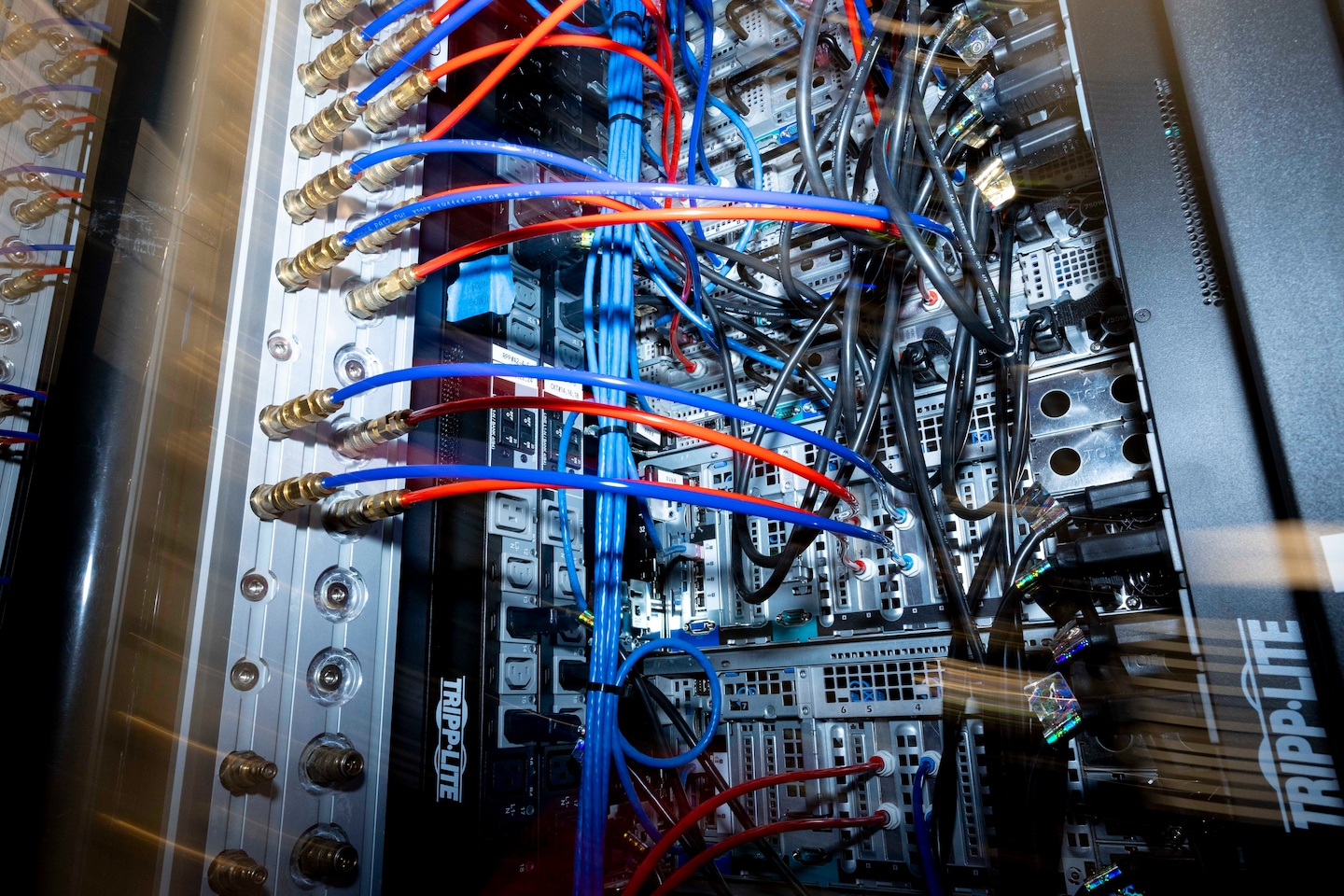
Many are excited around agentic AI, but socializing the use of today’s generative AI is a necessary first step. zdnet.com/article/crawl-…
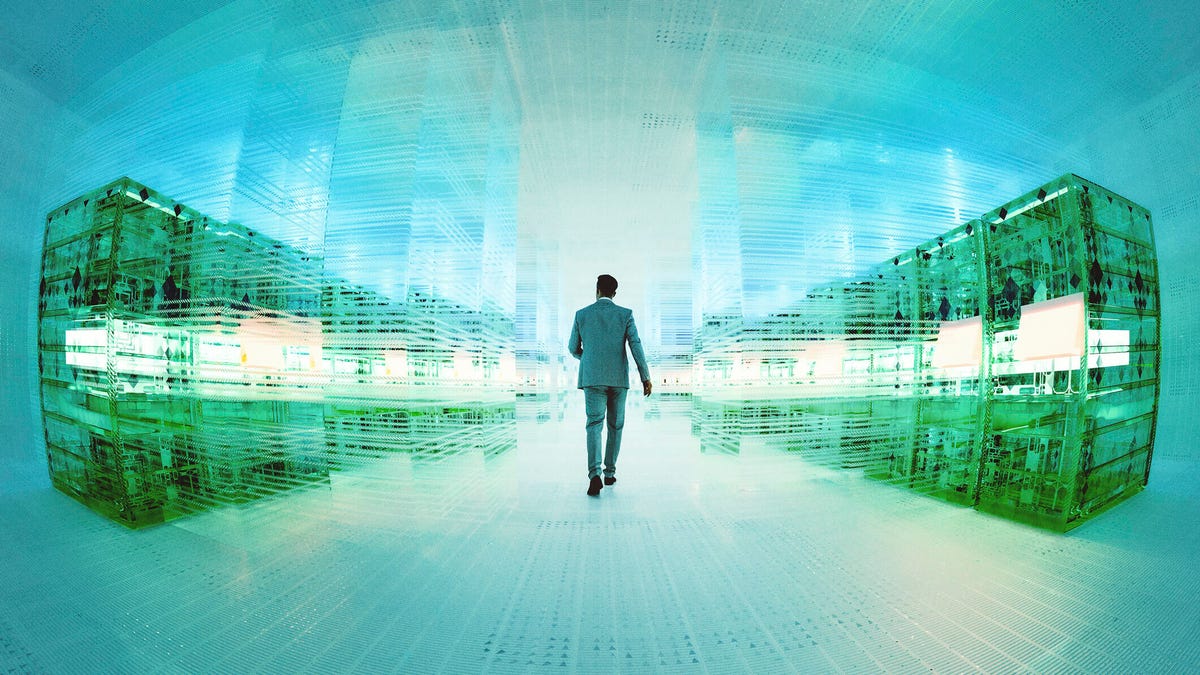
The ASPLOS 2026 submission webpage is open. Please submit your latest, exciting results! Abstract deadline is Mar 5. asplos26-spring.hotcrp.com
Looking forward to visiting alumni, parents, and friends at Penn's Frontiers of Knowledge and Discovery in Miami on Feb 20. Register below. pennpri.de/frontiers-mia

Congratulations to Tianyi Wu, who received an honorable mention for the Computing Research Association's Outstanding Undergraduate Research Award. She has made significant contributions to our research in machine learning for systems. cra.org/crn/2025/01/re…

We have published the ASPLOS 2026 Call for Papers. Spring abstract deadline is Mar 5. Please submit your latest, exciting research at the intersection of architecture, programming languages, and systems! asplos-conference.org/asplos2026/cfp/
Computing advances faster than energy infrastructure and regulatory policy, raising questions about fairness and grid stability. apnews.com/video/big-tech…

This podcast explores tension between data center growth and energy goals, exploring renewable energy, nuclear power, and strategic use of natural gas. How can we balance competing demands, policies to accelerate data centers on sustainable foundations? interestingengineering.com/innovation/dat…
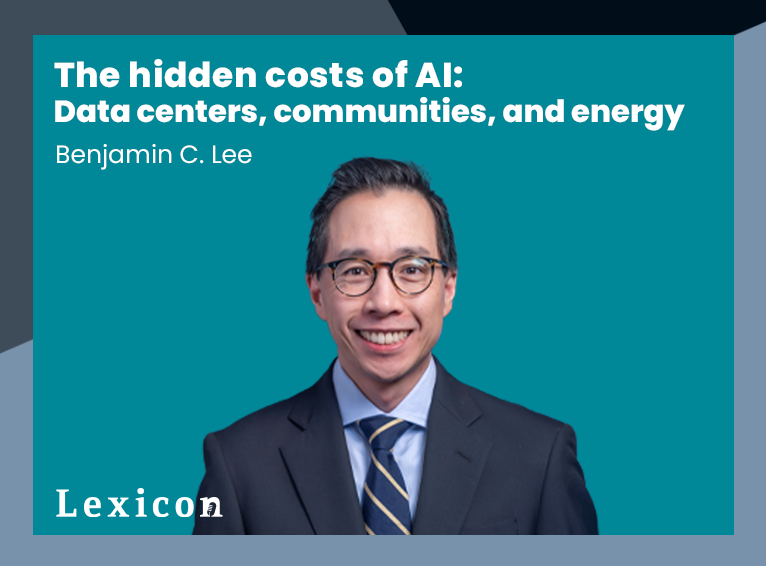
Debate around sanctions re-litigates resembles that on Intel processors a decade ago. Intel and researchers at the national labs made many of the same arguments that are being made about Nvidia GPUs today. Then: spectrum.ieee.org/us-blacklistin… Now: technewsworld.com/story/biden-ba…

In the short-term, export controls will slow deployment of the most advanced GPUs and the largest AI datacenters. In the long-term, export controls will cause countries to develop their own hardware architectures or software models. techrepublic.com/article/interi…
By enabling users to delegate entire jobs rather than individual tasks, AI agents can boost efficiency and reduce energy costs. Specialized models could compute answers with fewer calculations, with agents selecting the optimal model for each task. computerworld.com/article/372741…
